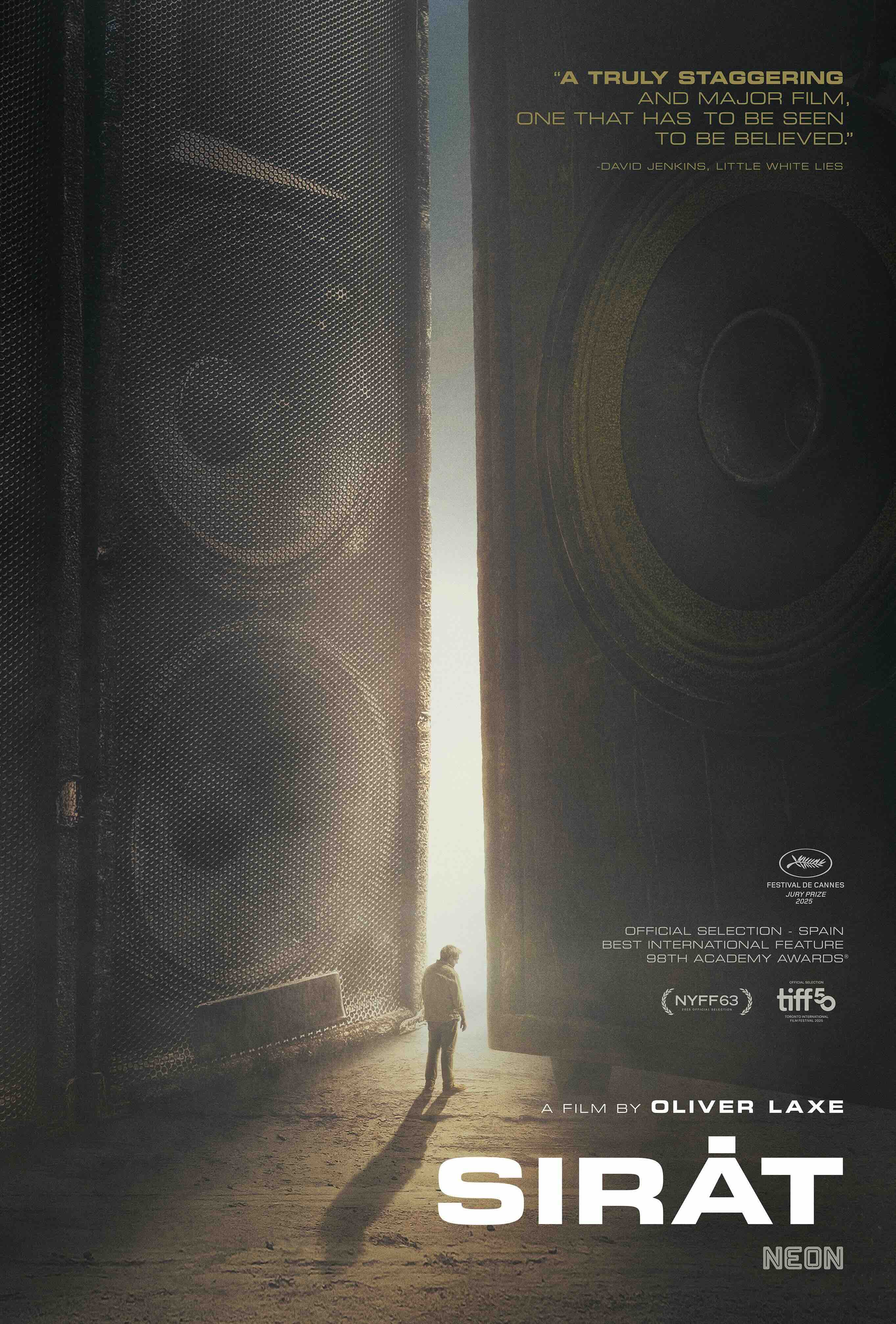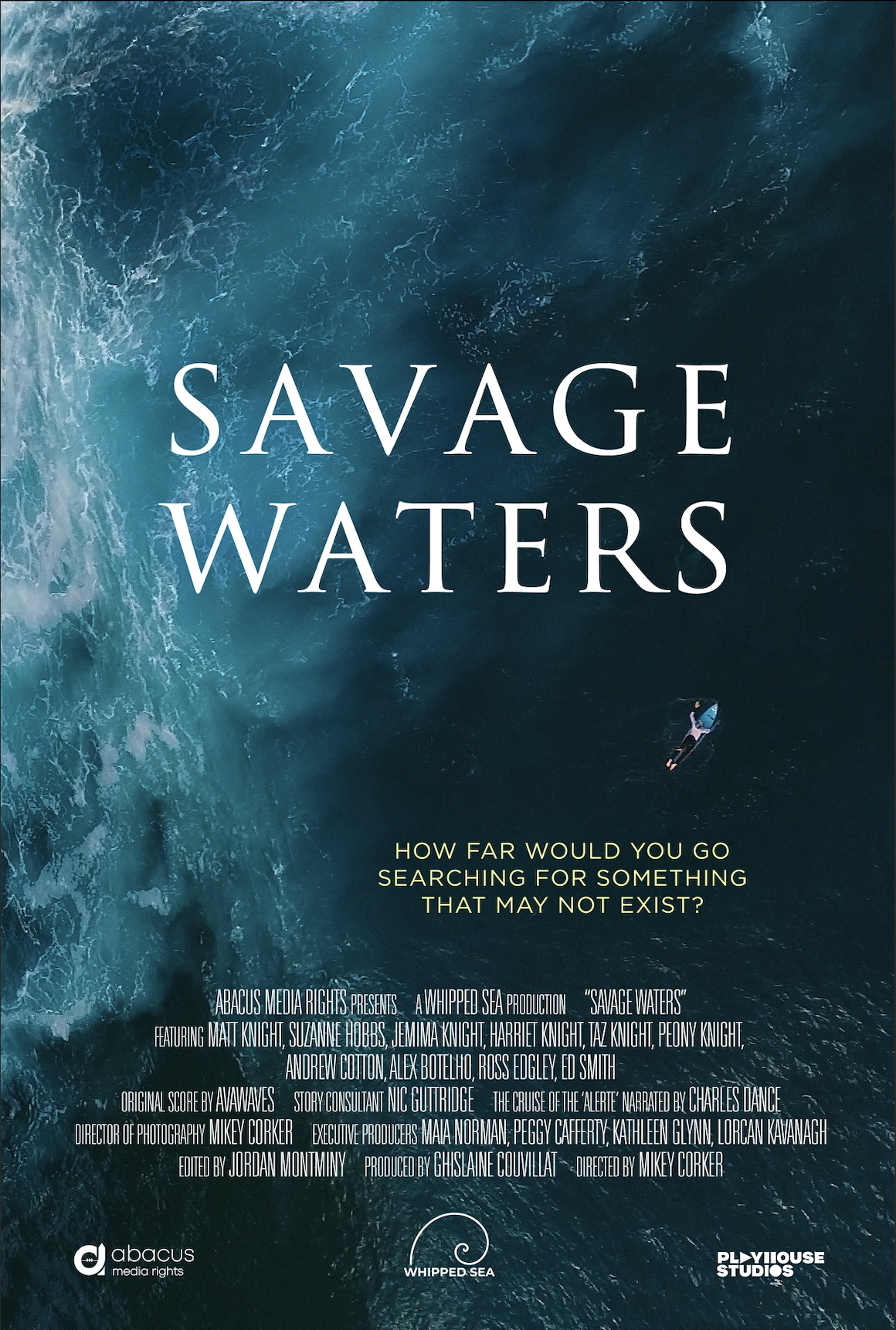
Overview
EL TOPO, directed by Alejandro Jodorowsky, is a surreal, genre-bending film that blends elements of the Western with spiritual allegory and philosophical exploration. The story follows a black-clad gunslinger named El Topo, portrayed by Jodorowsky himself, who embarks on a violent quest for enlightenment. Initially, El Topo seeks to defeat four master gunfighters in a desert, each representing different philosophical and spiritual ideas. His journey evolves from one of violence and revenge to self-discovery and redemption as he undergoes a series of transformative experiences.

Jodorowsky's direction in EL TOPO is characterized by its bold, unconventional style and its use of striking visual symbolism. His unique approach to the Western genre subverts its tropes, presenting the desert as a metaphysical landscape where existential battles are fought. The film is filled with bizarre, often grotesque imagery that blends religious iconography, mystical symbolism, and absurdity, creating a surreal atmosphere that challenges traditional narrative forms. Jodorowsky's meticulous use of color, composition, and movement in each scene amplifies the film's dream-like, hallucinatory quality, reflecting his deep engagement with spiritual and philosophical questions.

As a director, Jodorowsky incorporates his background in theater, mime, and mysticism to craft a film that defies categorization. His control over the pacing and tone of EL TOPO allows the film to shift between moments of intense violence and quiet introspection, emphasizing the duality of the human condition. Jodorowsky’s visionary style, combined with his use of allegory and symbolism, turns EL TOPO into a metaphysical journey that explores themes of power, ego, and enlightenment. The film’s unconventional narrative and imagery left a lasting impact on the world of avant-garde cinema, earning it cult status and cementing Jodorowsky’s reputation as a pioneering and provocative filmmaker.
What is
?









